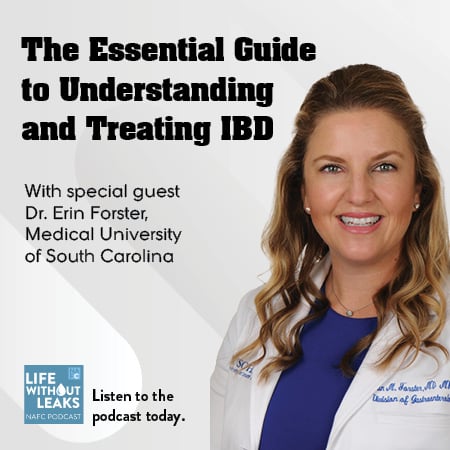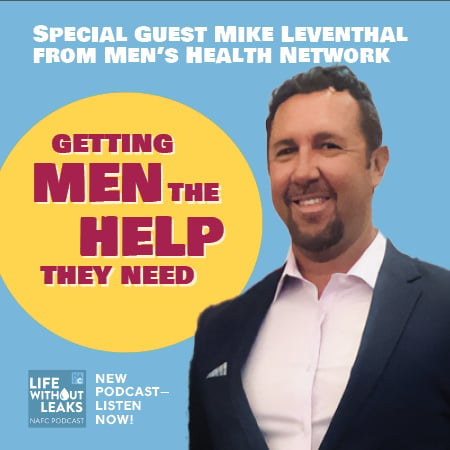
Finding The Perfect Fit For Briefs
Most leaks and skin irritation are caused by improper fit. Since no two people are the same, height, weight and absorbency needs are as unique as they are. Sizing can also be affected by factors other than height and weight. Sometimes people have anomalies such as large thighs or medical conditions such as amputations or hernias that make sizing a bit more challenging.












